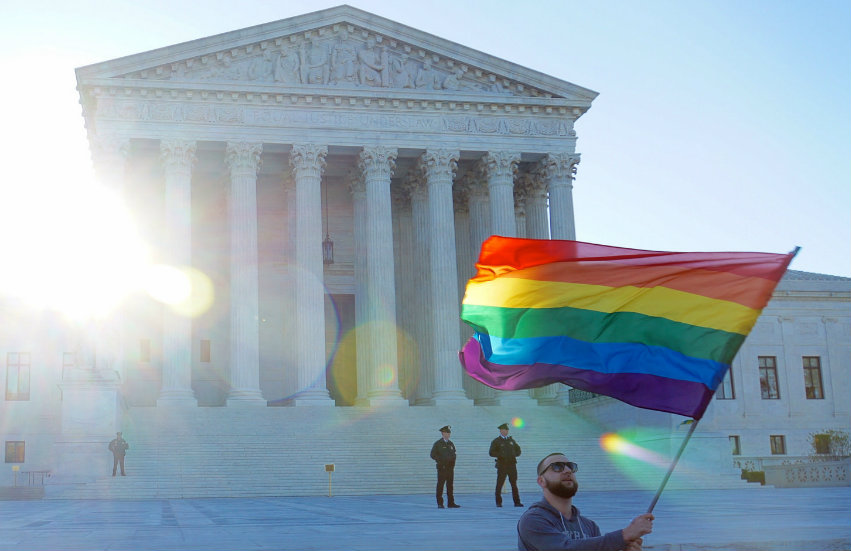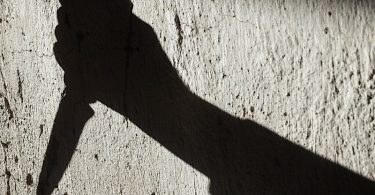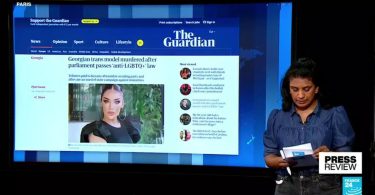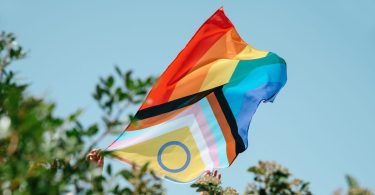The US Supreme Court on Monday (4 June) sided with a Colorado baker who refused to make a wedding cake for gay couple Charlie Craig and David Mullins.
Seven Justices sided with the majority, while only two — Ruth Bader Ginsburg and Sonio Sotomayor — dissented.
Their ruling was extremely narrow in scope, which earned praise from both sides of the political aisle. Conservatives praised the safe nature, while liberals found the ruling ‘disappointing’ but recognized it could have been worse.
That mindset, however, limits the outlook of this case.
There is relief in the ‘it could be worse’ scenario, but it is not how progress is made. Ultimately, the Supreme Court’s narrow ruling is a failing to LGBTI Americans and potentially harmful.
What did the decision really say?
Justice Anthony Kennedy wrote the majority opinion for the court. In this opinion, the Justices did not touch on the major implications including free speech, discrimination, and equality.
The majority found with the baker for one very specific reason: the Colorado Civil Rights Commission, who first brought the case on Craig and Mullins’ behalf, acted unconstitutionally.
Kennedy wrote that ‘whatever the confluence of speech and free exercise principles might be in some cases … When the Colorado Civil
Rights Commission considered this case, it did not do so with the religious neutrality that the Constitution requires’.
He did also acknowledge the equality and protection of LGBTI individuals.
‘Our society has come to the recognition that gay persons and gay couples cannot be treated as social outcasts or as inferior in dignity and worth,’ he further wrote. ‘For that reason the laws and the Constitution can, and in some instances must, protect them in the exercise of their civil rights.
‘At the same time, the religious and philosophical objections to gay marriage are protected views and in some instances protected forms of expression.’
Therefore, laws entitle everyone to some form of protection and equal treatment.
In this specific case, Kennedy says the Commission’s treatment of Phillips and his case ‘has some elements of a clear and impermissible hostility toward the sincere religious beliefs that motivated his objection’.
Back to square one
Due to the narrowly tailored opinion, this case has no real impact on matters like discrimination and free speech. Many thought it would.
It is likely the courts will see a case like this, or several, in the future.
Kennedy’s opinion applies to Phillips’ specific case and cannot be broadly applied, except for how Civil Rights agencies must act going forward.
It’s true the opinion does not actively harm the LGBTI community. It does not give a blanket approval for discrimination in businesses and other public accomodations. On the other hand, it also does not help the community in any way.
The Justices had a chance here to finally address anti-discrimination laws on a federal level. They had an opportunity to assert the United States is not a place where someone can be refused for their identity.
Instead, the opinion takes the safe — and, yes, cowardly — way out. In reality, it does not side with either Phillips or the couple. It merely comments on technical legal proceedings and fairness, which, while necessary and important, is several steps away from helping advance real progress.
The powerful dissent
Ginsburg filed a particularly fierce and powerful dissent to Kennedy’s opinion. Sotomayor was the only Justice to join her.
‘When a couple contacts a bakery for a wedding cake, the product they are seeking is a cake celebrating their wedding ― not a cake celebrating heterosexual weddings or same-sex weddings ― and that is the service [the couple] were denied,’ Ginsburg wrote in her own opinion.
She asserts that Phillips practiced discrimination by refusing to serve a specific customer with something he would have made for someone else, simply because of their sexuality. In this case, say, a straight couple’s wedding cake.
She further uses the example of William Jack, who requested cakes with specific Bible passages (‘‘Homosexuality is a detestable sin.
Leviticus 18:2’) from three different bakers. They all refused him.
However, Craig and Mullins requested no words or imagery, just a simple wedding cake. Therefore, Phillips was not protesting to the cake, but to the customers and their sexualities.
Ginsburg also wrote that she ‘strongly disagrees… with the Court’s conclusion that Craig and Mullins should lose this case’ and maintains there is insufficient evidence to prove the Commission showed hostility.
Future harm?
Though everything remains relatively back at square one and there’s no reason to believe an increase in discrimination is on the way, the Supreme Court did not protect a marginalized group of people when they had the chance.
Business owners can misinterpret and abuse this ruling as a means to refuse service to people in the future.
‘We can expect to see many more instances of public businesses refusing to provide services to gay people in the name of religious freedom,’ said JoLynn Markison, labor lawyer at law firm Dorsey & Whitney. ‘The Supreme Court may have dodged the issue for now, but it will not be able to avoid it forever.’
LGBTI individuals will continue to face discrimination and harassment in public places, as they have suffered for decades. This ruling does nothing to offset or condemn such actions. That is a failure on behalf of millions of Americans.







